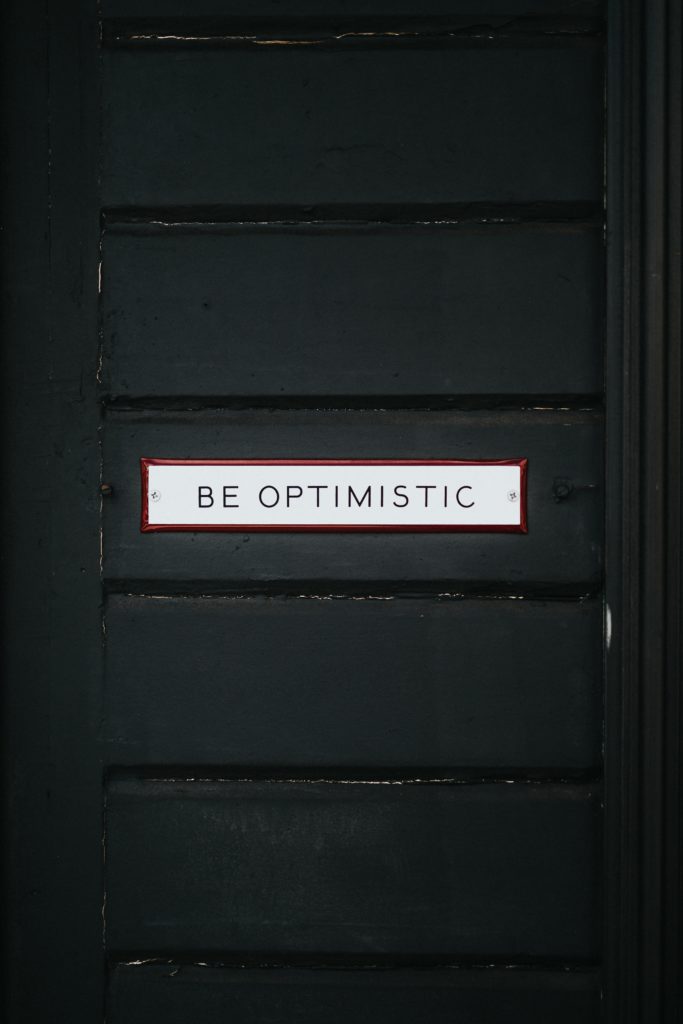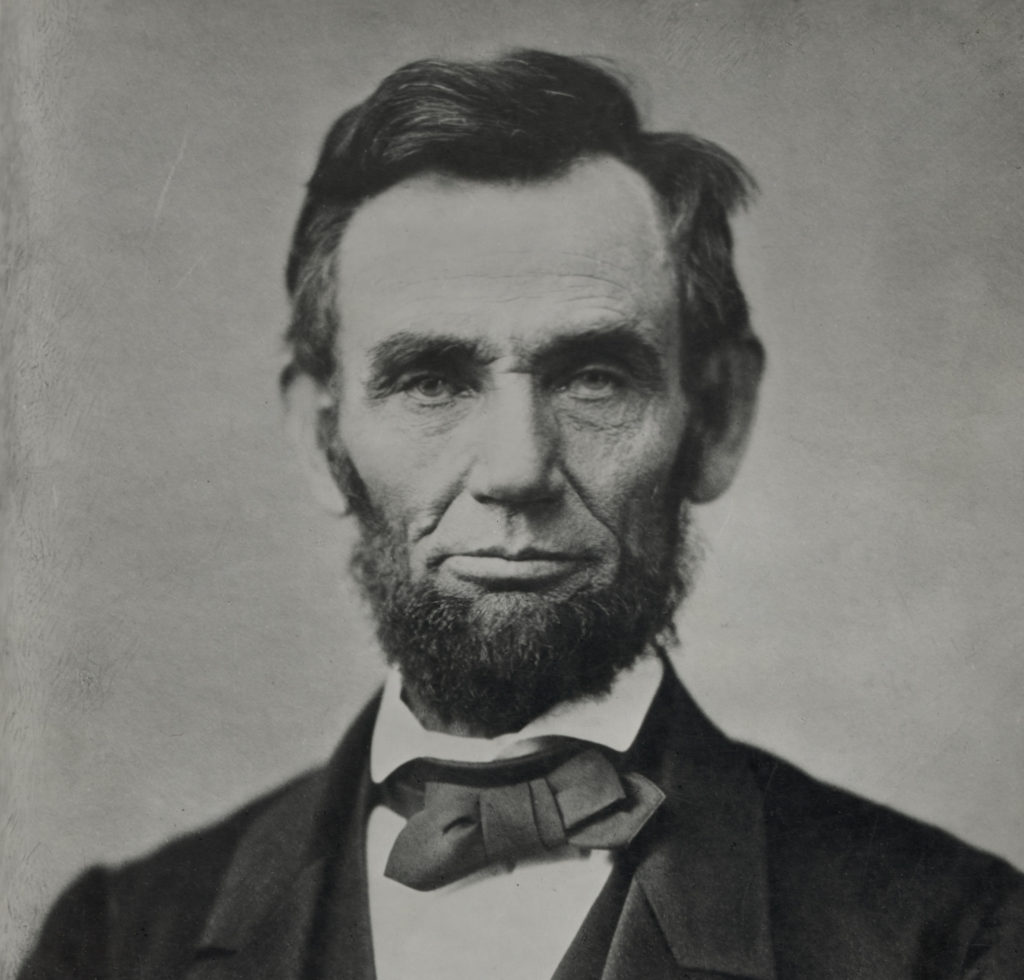Spring BREAK
Growing up in the 1980s, I played a lot of “The Oregon Trail” video game. For those not familiar, “The Oregon Trail” was a simple game where the player assumes the role of a wagon leader and tries to guide settlers from Missouri to Oregon. Being able to play the game was usually an award for finishing some homework assignment in grade school. My buddies and I always raced to see who could make it first to Oregon. Unfortunately, I do not think I ever made it.
My character always died because I pushed him too hard and ignored the warnings about disease and malnourishment. In fact, as I was retelling this to my wife, not only could she not stop laughing, but I found out her character (supposedly) always made it to Oregon. She claims her character was probably an hour or two late in leaving Missouri, but I digress.
The reason she was laughing is because “little Alex” (as she likes to refer to the 1980s me) already had that get-up-and-go mentality. “Video game me” would push onward, even when my character had a snakebite or dysentery. Predictably, death would soon follow. Thank God it was only a video game!
Pivot to the present. One gift COVID-19 has given me is perspective. Being forced to slow down has showed me how much my life has been built on adrenaline. While this realization did not sit well with me at first, I came to appreciate it for the gift it is. And as a Christ-follower, I came to treasure the Sabbath for the gift it is as well.
Taking a break is often the hardest thing for a leader, like myself, to do. Tell me to hit the gym harder, read more books, or fly to the next sales meeting in Europe and I am on it! These things are actually easy for me to do. But, tell me to rest and do nothing, I immediately start to have heart palpitations.
Nothing?
I actually have a coach in real life because I am such a mess. He once told me NOT to read any books for a month. I laughed at him. He smiled back, but before he could say it again, I did it.
My self-worth is built on achievement, and achievement necessitates a never-ending “go-go” mindset.
Can you relate?
The reality, however, is that rest is needed to maintain health. It is needed for me, and it is needed for you.
So, here is the obvious formula for today’s post. Pay attention to it, so you do not miss it………
The only way to get rest is by taking a break.
That’s it. Take a break this week and rest.
If you are like me, you might need a few pointers. So, here are a few ideas I think about each week during my Sabbath. The list is not exhaustive, and meant to start priming your pump on what might work for you:
-Have fun by doing the “I get to” things, not the “I have to” things.
-Do not think about work, do work, or even mention work, for 24 hours.
-For the golfers, play an afternoon 9 without keeping score (or don’t keep track of whatever hobby it is that you enjoy. Do it only for the love of it!)
-Read fiction
-Get outside, look around, and explore
-Take a long walk without headphones or other distractions
-Nap
-Drink the “I am saving this bottle for a special occasion” wine
-Hug your spouse and kids
-Grill some good food
Your list can be entirely different. Just make sure your break is different from every other day or time in your normal day-to-day life.
And be sure to give yourself one before your real-life self begins to develop health problems.










